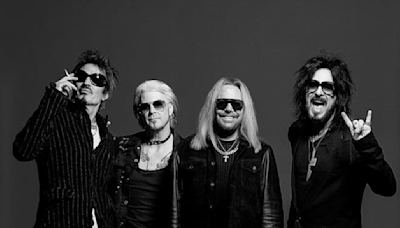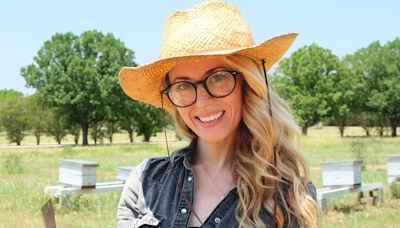Search results
- DictionaryLife/līf/
noun
- 1. the condition that distinguishes animals and plants from inorganic matter, including the capacity for growth, reproduction, functional activity, and continual change preceding death: "the origins of life"
- 2. the existence of an individual human being or animal: "a disaster that claimed the lives of 266 Americans"
People also ask
When did life form?
What is life after death?
What is the chronological history of life?
4 days ago · What is life? These questions are not as easy to answer as you may like. As soon as you start to look closely at the way we use these words, our simple definitions of what they mean seem full of holes. In fact scientists and philosophers are still arguing about where the boundaries lie between life and non-life.
2 days ago · The history of life on Earth traces the processes by which living and fossil organisms evolved, from the earliest emergence of life to present day. Earth formed about 4.5 billion years ago (abbreviated as Ga, for gigaannum) and evidence suggests that life emerged prior to 3.7 Ga. Although there is some evidence of life as early as 4.1 to 4.28 Ga, it remains controversial due to the possible ...
1 day ago · Cambridge Scientists Unveil New Theory on Origins of Life’s Building Blocks. Researchers at Cambridge University have identified a process called graphitization, which they theorize could produce essential life-building molecules like proteins, phospholipids, and nucleotides on early Earth. This process, highlighted in a study in the journal ...
2 days ago · The afterlife or life after death is a purported existence in which the essential part of an individual's stream of consciousness or identity continues to exist after the death of their physical body.
3 days ago · Martin Luther King, Jr. (born January 15, 1929, Atlanta, Georgia, U.S.—died April 4, 1968, Memphis, Tennessee) was a Baptist minister and social activist who led the civil rights movement in the United States from the mid-1950s until his death by assassination in 1968.
- What did Martin Luther King, Jr., do?Martin Luther King, Jr., was a Baptist minister and social rights activist in the United States in the 1950s and ’60s. He was a leader of the Ameri...
- What is Martin Luther King, Jr., known for?Martin Luther King, Jr., is known for his contributions to the American civil rights movement in the 1960s. His most famous work is his “I Have a D...
- Who did Martin Luther King, Jr., influence and in what ways?Martin Luther King, Jr., influenced people around the world. He advocated for peaceful approaches to some of society’s biggest problems. He organiz...
- What was Martin Luther King’s family life like?Martin Luther King, Jr., grew up as the middle child of Michael (later Martin Luther) King, Sr., and Alberta Williams King. His father was the mini...
- How did Martin Luther King, Jr., die?Martin Luther King, Jr., was standing on a motel balcony in Memphis, Tennessee, on April 4, 1968, when he was shot by James Earl Ray. An hour later...
4 days ago · We long for a world free from evil. There are three types of evil, which a Culture of Life opposes: Physical evil: including sickness, injury, oppression and poverty, lack of education and failure to fulfill one’s potential. Mental evil: including emotions which disturb the peace of the person and inflict suffering.
2 days ago · Marie Curie. She is the only person to win a Nobel Prize in two sciences. Maria Salomea Skłodowska-Curie [a] ( Polish: [ˈmarja salɔˈmɛa skwɔˈdɔfska kʲiˈri] ⓘ; née Skłodowska; 7 November 1867 – 4 July 1934), known simply as Marie Curie ( / ˈkjʊəri / KURE-ee, [1] French: [maʁi kyʁi] ), was a Polish and naturalised -French ...








